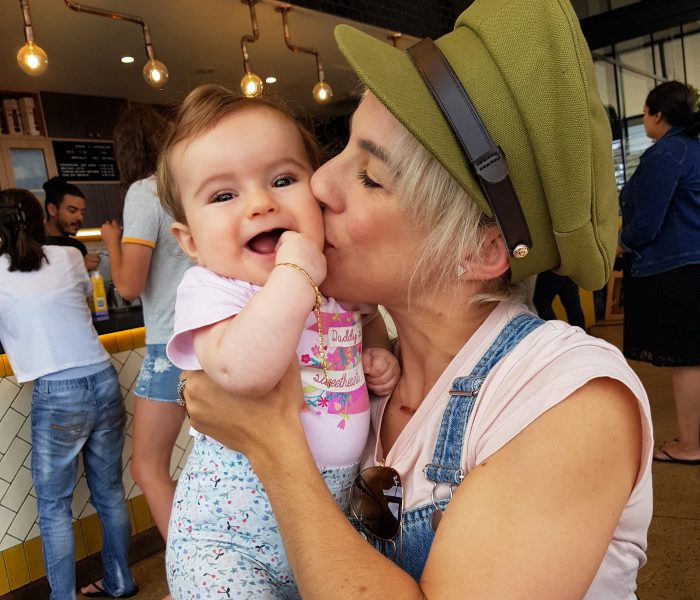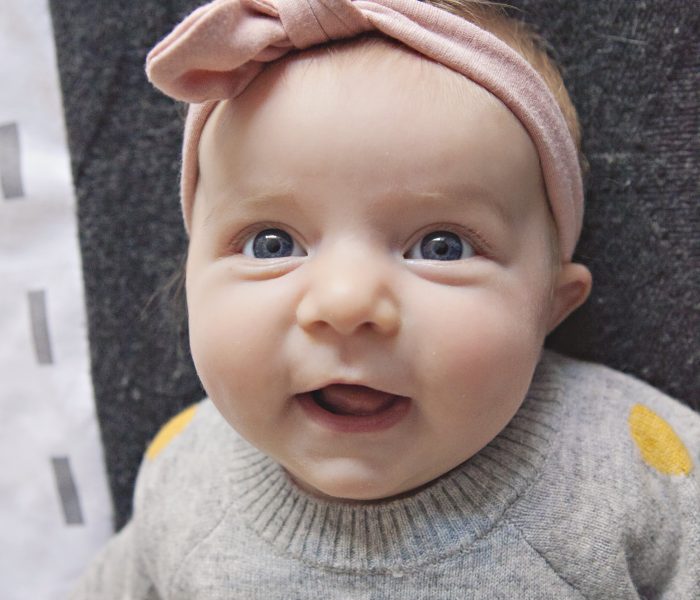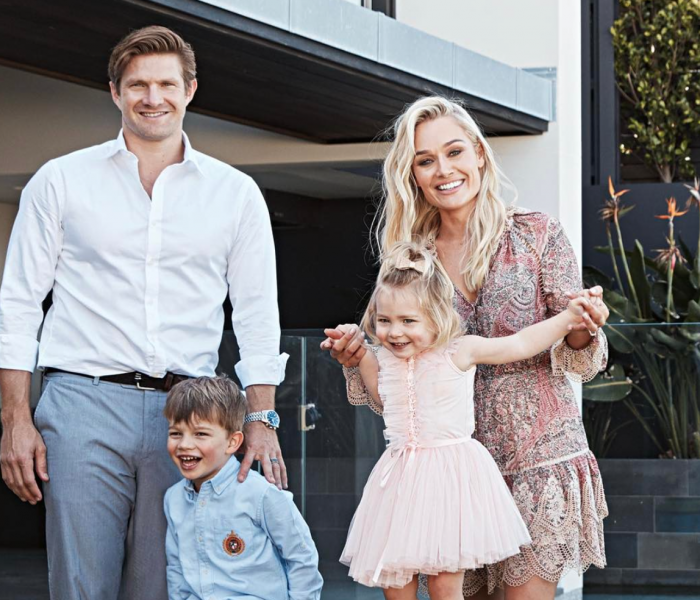Natural, Organic, Chemical - What's Really Safe For Your Baby's Skin?
Knowing what to use on baby skin can be confusing! We asked a leading Paediatric Dermatologist to bust some myths and recommend what's best...
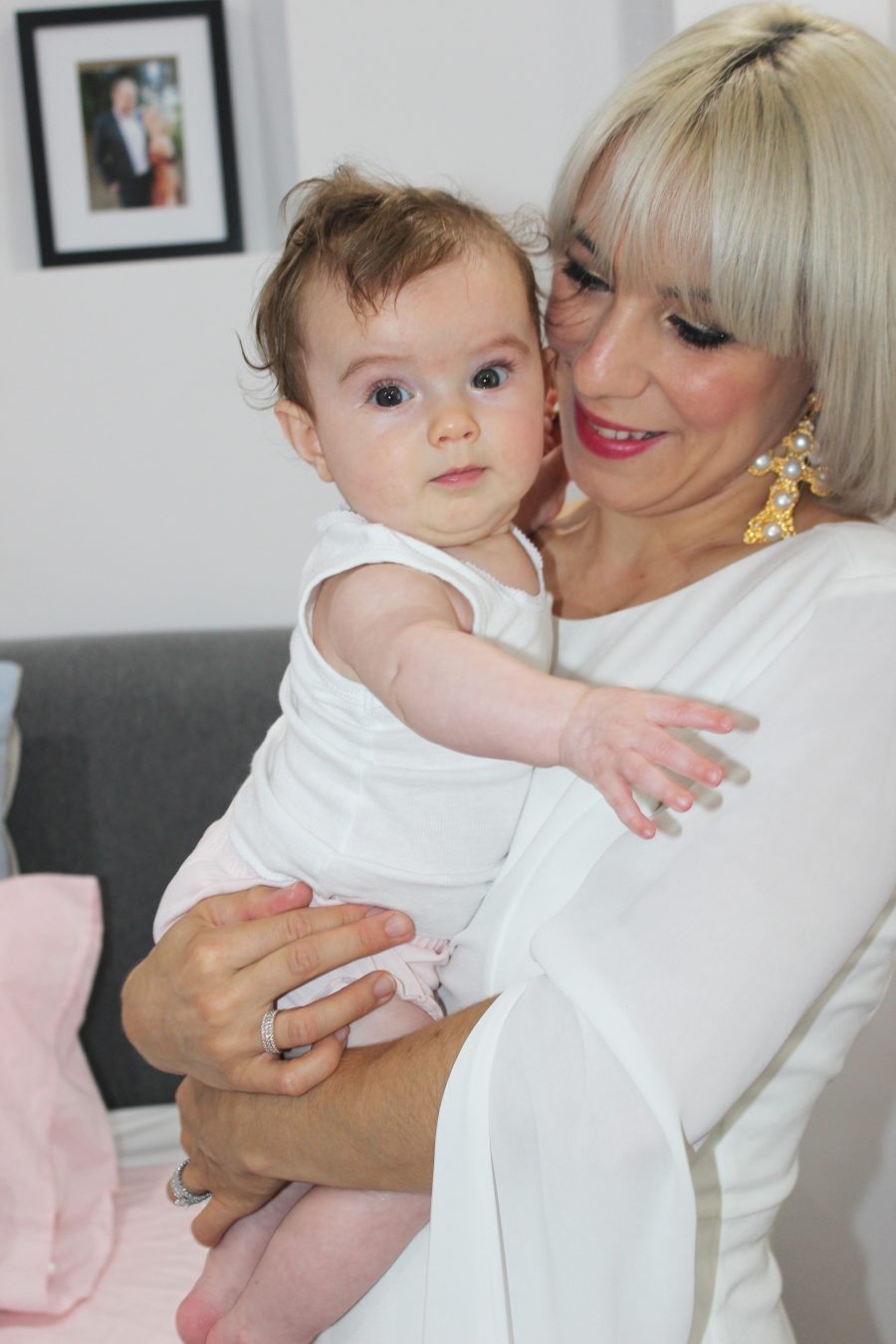
As a mum it's important to me to know that what I am putting on and in my baby's body won't cause them harm. Of course sometimes there are factors out of our control that may cause a reaction, for example genetics, but where possible I try and make an informed decision when it comes my children and the products I use on their skin.
Below are all the brands that I currently have on hand - some "organic", some "natural" and some, like Johnson's baby "clinically tested". Thankfully they're all suitable for my baby's skin and serve their purpose to either cleanse, moisturise or soothe it.
Last week I attended The Johnson's Baby Discover More Wonder workshop where I had the opportunity to chat in more depth with Paediatric Dermatologist Deshan Sebaratnam about what's best when it comes to baby skincare. I am very aware that Johnson & Johnson baby products divide opinion. A big company with many arms worldwide they're often in the media - sometimes it's good publicity, other times it's bad. However, all that aside for a moment, Dr Deshan imparted some really interesting information on the day that I thought was worth sharing. Like first time mum and Johnson's new celebrity partner, Phoebe Burgess, I was fascinated to discover that babies are not actually born with sensitive skin, it's something they develop. Below is my interview with Dr Deshan, where he shares his insights into caring for baby skin and also debunks some other common myths.

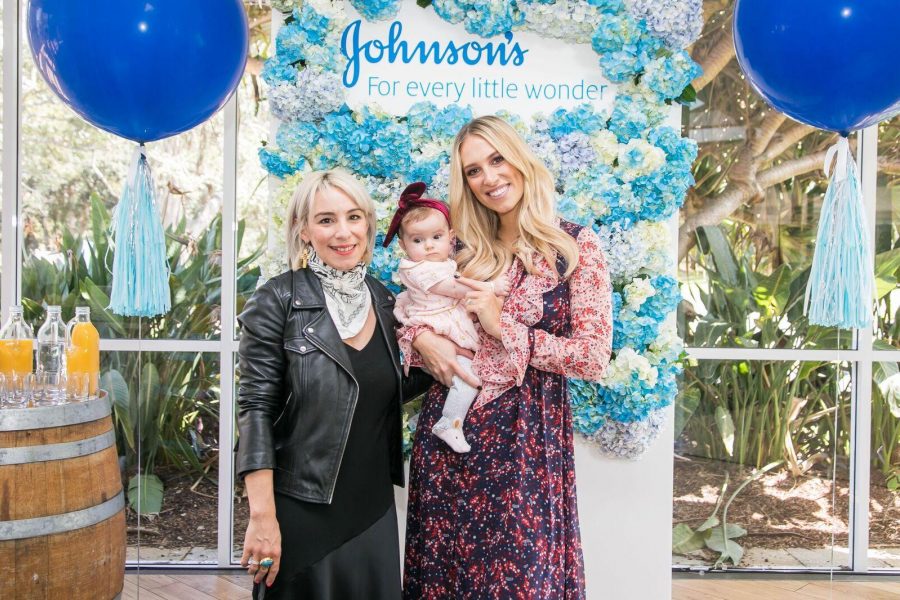
What are some of the common skincare myths when it comes to baby skincare?
One myth that I come across commonly is that babies are dirty and that they need frequent washing. A 3 minute tepid bath 2-3 times a week is all that's needed for most babies using a gentle cleanser for areas like around the nappy. Another myth is that topical steroids are dangerous to use on babies' skin. As long as treatment is supervised by a health practitioner topical steroids are definitely safe to use from infancy.
Why are some babies predisposed to skin conditions like eczema? What can parents do to try and prevent this from occurring?
Part of it is genetics and part of it is environment. We know that eczema tends to run in some families and we've identified genes like filaggrin which are associated with a tendency to eczema. The environment also plays a role but this is less clearly defined.
READ MORE ON TREATING ATOPIC ECZEMA IN CHILDREN HERE
Natural, chemical or organic skincare – what’s the difference?
To me all these terms are a little nebulous. Anything that's available in a cream will be made up of chemicals and would have been derived from a plant, animal or mineral at some stage in its creation. Organic is a term used to describe crop production so its relevance to skincare is not quite clear either. My perspective is that these are mostly marketing buzzwords which have little relevance.
Is "organic" or "natural" skincare best to use on baby skin?
There's a common misconception that if something is a natural product it must be safe. But if you think about it - chilli, poison ivy or snake venom are all natural but you would never exposure your baby to these compounds! There are plenty of compounds in natural products which can be damaging to a baby's skin, so natural isn't always safe.
Some natural oils like vegetable oil, some nut oils and olive oil can contain acids which can disrupt the normal barrier function of a baby's skin and make it more susceptible to irritation.
Additionally, alternative treatments don't have the same rigorous labelling standards that a conventional product would. This means there can be a great variety in the substances between batches. Furthermore less scrupulous businesses have been known to add medications, like topical corticosteroids, to their products without informing consumers. That is why labelling is so important. - even if you're not familiar with a particular ingredient, with a clear labels, you can research any ingredient to equip yourself with knowledge.
What are some of the most common “natural” ingredients that can actually irritate or damage a baby’s skin?
Oils derived from some fruits and nuts can contain weak acids which can be irritating to the skin. There are also a few compounds that are derived from natural sources - tea tree oil, lanolin from wool, and propolis from beeswax which are common causes of allergic contact dermatitis.
What types of products do you recommend parents use on their baby’s skin from a young age?
The use of a regular moisturiser, say once a day, is a good strategy to help with the barrier function of infant skin. There is good evidence that this can help minimise the risk of developing eczema in children that are at risk of this.
Are fragrances dangerous or harmful for baby’s skin? Why / why not?
I generally recommend fragrance free products for children with sensitive skin. Fragrances are also common causes of allergic contact dermatitis.
Why do you believe that skincare that has been vigorously tested and formulated in a lab is one of the best options?
I think it's important to only apply products to your child's skin that have been tested in laboratory and clinical settings. It ensures the products are safe and ideally have good evidence behind their use.
